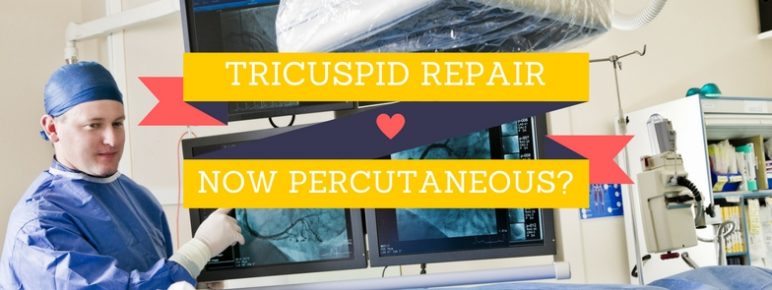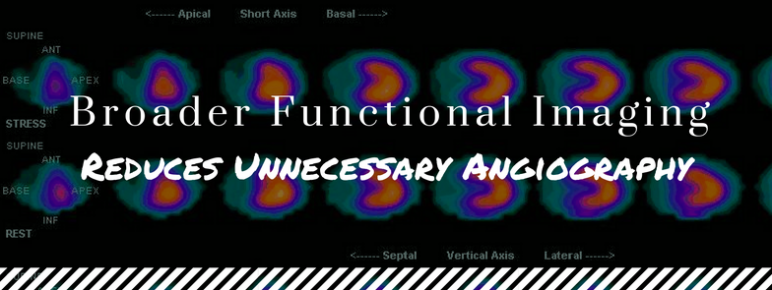Valtech Cardio's Cardioband system brings direct annuloplasty to the field of percutaneous coronary intervention—for catheter-based mitral valve repair and now, tricuspid valve repair.
A team from the University Hospital Zurich led by Francesco Maisano, MD recently succeeded in the first ever minimally invasive procedure using Cardioband to repair a leaky tricuspid valve, according to yesterday's press release from the University of Zurich.
The news comes shortly after Valtech shared follow-up data from a multi-center Cardioband Mitral study at the PCR London Valves 2016 conference. Results showed a "significant and consistent reduction in MR" with a "safety profile similar to equivalent transcatheter procedures" according to the session slides.
Continue reading Cath innovation: Cardioband repairs first leaky tricuspid



